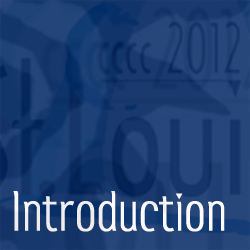
|
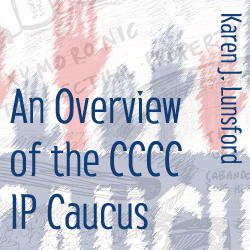
|
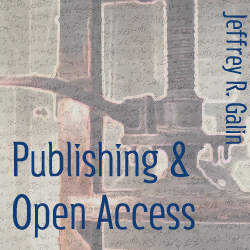
|
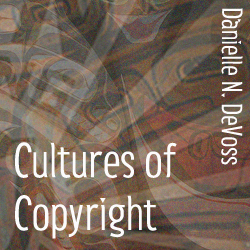
|
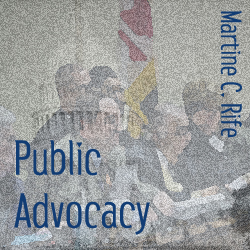
|
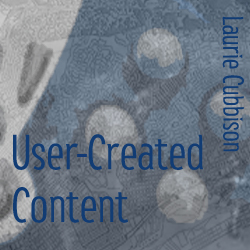
|
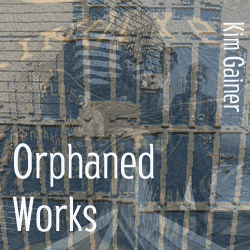
|
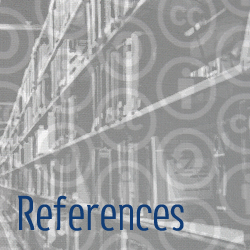
|
The topic of Intellectual Property (IP) is robust, complicated, and increasingly important to digital humanists, computers and writing specialists, and scholar-practitioners of rhetoric and composition studies. Works such as Copy(write): Intellectual Property in the Writing Classroom (Rife, Slattery, & DeVoss, 2011) and The Rhetoric of Intellectual Property: Copyright Law and the Regulation of Digital Culture (Reyman, 2009) demonstrate the rich ways that IP issues impact not only the material realities that composers face, but also the tensions of teaching and studying digital writing and culture. This set of interviews, then, aims to accomplish two goals.
Foremost, it takes a unique approach to the genre of the interview in that this webtext hopes to introduce explorers to a body of scholars affiliated with the Conference on College Composition and Communication Intellectual Property Caucus. The interviews were conducted at the Sixty-Third Annual Convention of the Conference on College Composition and Communication held in St. Louis, Missouri, during March 21–24, 2012. Those who agreed to sit for interviews were asked to speak freely on an issue of their choosing associated with the work of the IP Caucus. Those unfamiliar with the CCCC IP Caucus will find Karen Lunsford’s (2009) “Introducing NCTE-CCCC’s Intellectual Property Committee and Intellectual Property Caucus” a useful introduction to the work of the caucus.
More importantly, however, this interview hopes to serve as an invitation for scholars, educators, and digital humanists—individuals who care about issues such as authorship, ownership, remixing, and the sustainability of digital composing practices—to come and join in the caucus’s activities at the next annual CCCC Convention. In 2011 and early 2012, a number of legislative bills were proposed that challenged the health of digital creativity in the United States (e.g., Stop Online Piracy Act [SOPA]; Protect IP Act [PIPA]; and The Cyber Intelligence Sharing and Protection Act [CISPA]), and the IP Caucus works to inform the CCCC's community of these ongoing changes. Explorers may find that these interviews only scratch the surface of who and what the CCCC IP Caucus is and does. Still, these vignettes offer a productive glimpse into the less apparent workings of a part of the CCCC's governance and a glimpse into an area of rhetoric and composition that promises an uncertain but exciting future.
Addenda: Elements of this interview are offered to future digital composers under an Attribution-ShareAlike 3.0 Unported License. Transcripts for the videos can be downloaded and are also available embedded in the YouTube videos (readers must watch the videos on the YouTube site to access these). Click on this webpage to exit the pop-up video player.

